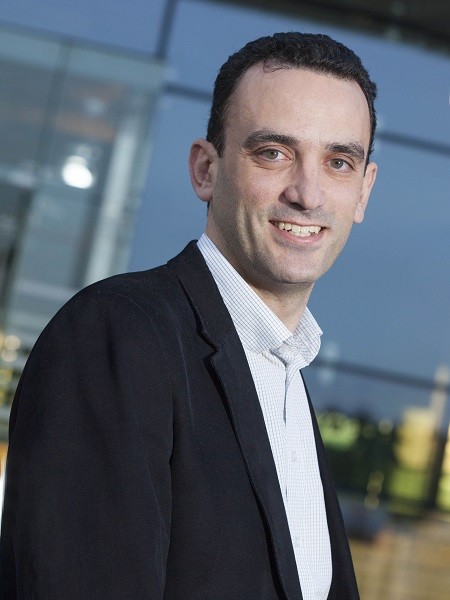Aimed at
Certifiers, energy auditors, architects, engineers, energy managers and facility managers
Date
28|29 - 05 2024
Time
From 8:30 to 14:30 CET
Sessions
16 sessions
Organizer
JSI
Place
Ljubljana, Slovenia
Venue
Jožef Stefan Institute, Reactor Centre Podgorica, Brinje 40, Dol pri Ljubljani, Slovenia
Language
SL/EN





